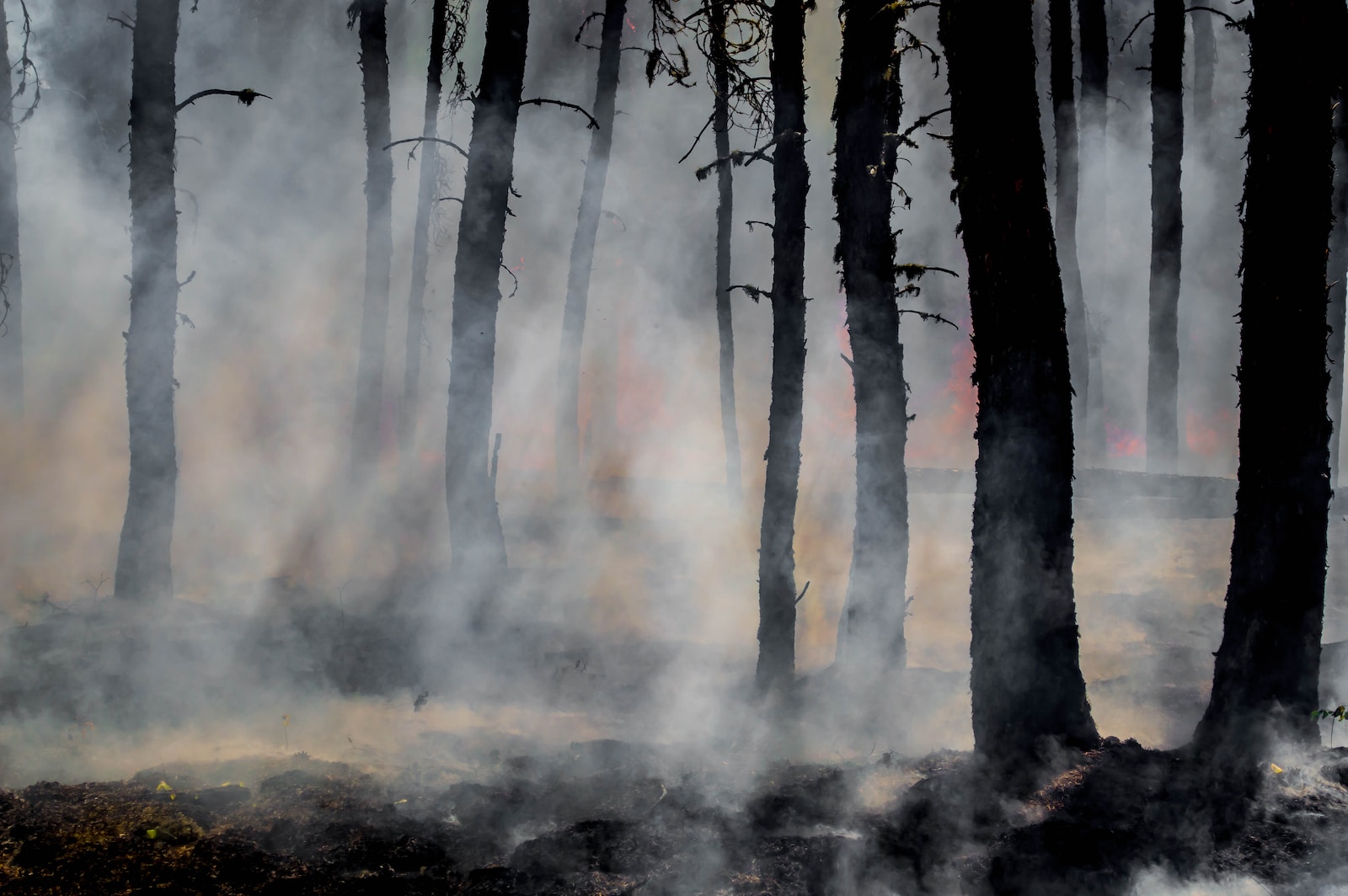Table of Contents
ToggleIntroduction:
The Great Lake wildfire, which started on April 19, 2023, in the Croatan National Forest, has consumed over 7,000 acres of land. The wildfire has caused widespread damage and raised concerns about its impact on the environment.
In this article, we will explore the causes and effects of the Great Lake wildfire and the best strategies to mitigate its impacts. We will discuss the importance of wildfire prevention and management to protect our environment.
The Causes of the Great Lake Wildfire:
The Great Lake wildfire was likely caused by a combination of factors, including dry weather conditions, strong winds, and human activity. The forest’s dry vegetation made it susceptible to catching fire, and the strong winds helped spread the fire rapidly.
Human activity, such as camping or smoking, could have also contributed to the wildfire’s ignition. Carelessness in handling fires or leaving behind lit cigarettes can easily spark a wildfire.
The Effects of the Great Lake Wildfire:
The Great Lake wildfire has caused significant damage to the environment. The wildfire has destroyed natural habitats, including plants and animals, and has released a large amount of pollutants into the air.
The smoke from the wildfire has caused air pollution and may have long-term effects on the atmosphere. The ash and debris from the wildfire can also damage water sources and cause soil erosion, which can lead to further environmental issues.
Mitigation Strategies:
To mitigate the impacts of wildfires on the environment, it is important to take certain measures. One approach is to prevent wildfires from occurring in the first place. This can be achieved through awareness campaigns about the dangers of wildfires and the importance of fire safety.
Another approach is to manage wildfires effectively when they do occur. This can include using controlled burns to reduce the risk of wildfires or using firefighting techniques to contain and extinguish the wildfire quickly.
Additionally, we can implement reforestation and restoration programs to restore the natural habitats destroyed by wildfires. These programs can help preserve the environment and prevent further damage from wildfires in the future.
Conclusion:
The Great Lake wildfire highlights the importance of wildfire prevention and management to protect our environment. The causes and effects of wildfires can be devastating, but by taking the right measures, we can mitigate their impact and preserve our natural habitats.
By raising awareness about the dangers of wildfires and implementing effective strategies to manage and prevent them, we can protect our environment and promote sustainable living.







